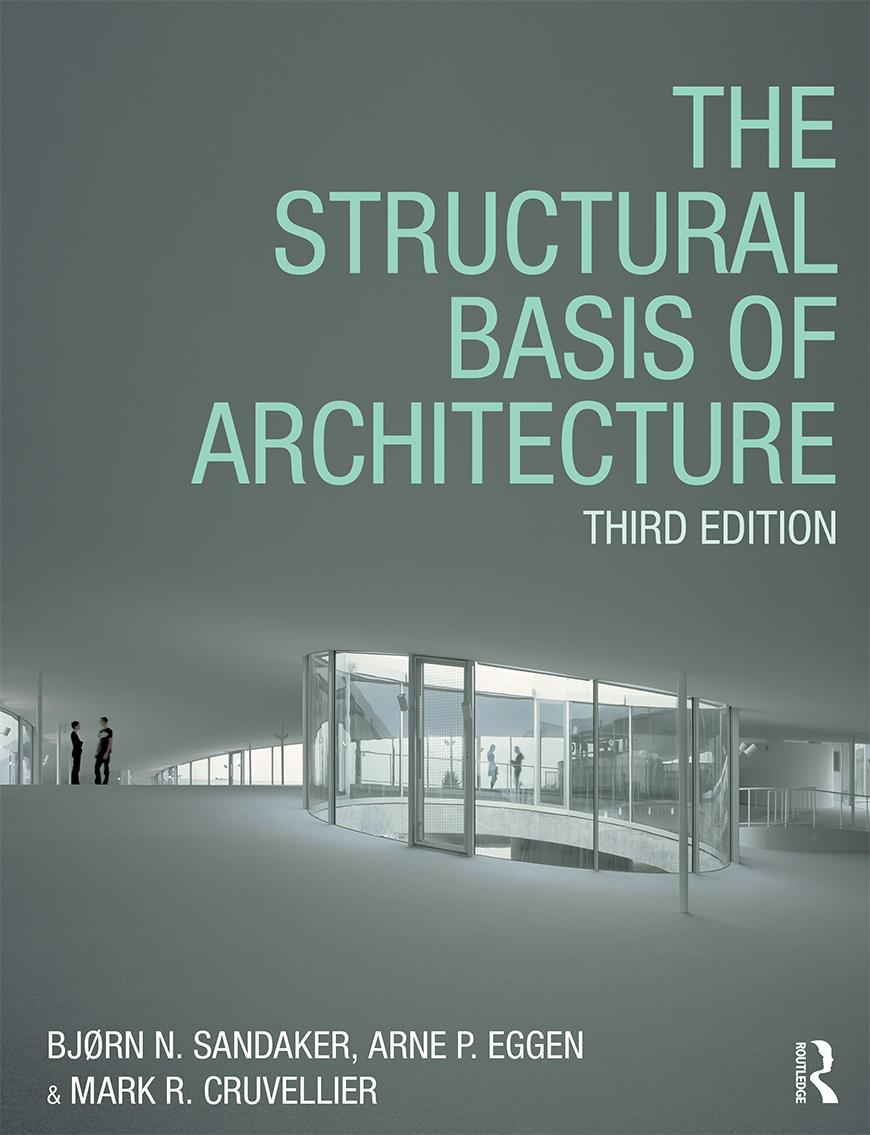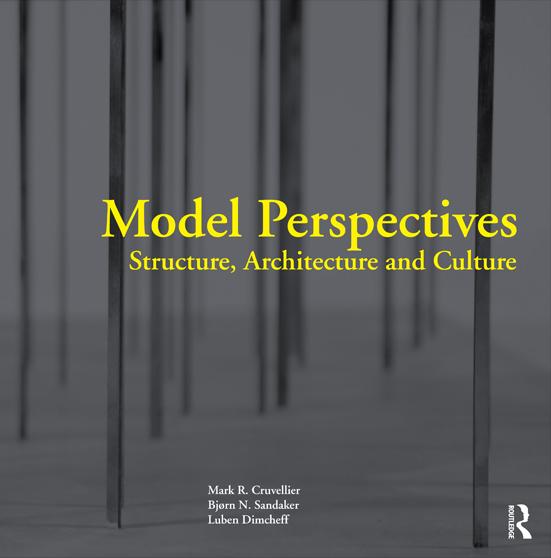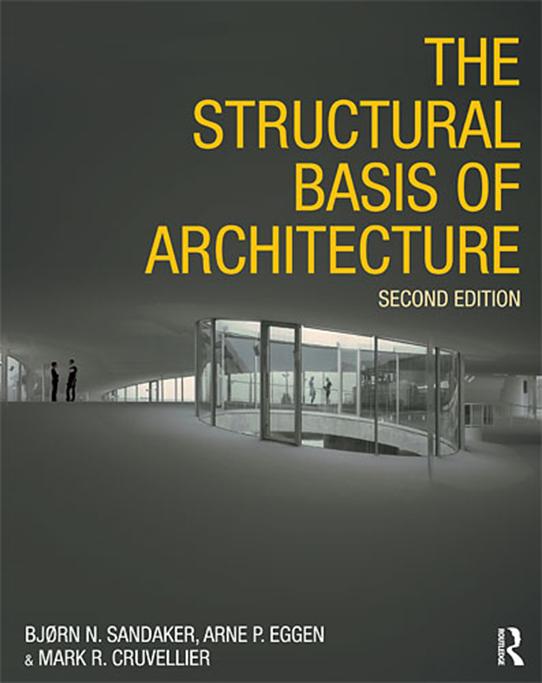Mark R. Cruvellier
Mark Cruvellier's interests and areas of expertise are broadly concerned with the form, behavior, and conceptual basis of structures set within the context of architecture. At Cornell since 1991, Cruvellier regularly teaches classes that are focused on the study of fundamental structural concepts and basic elements as well as the design of overall structural systems. He is a coauthor of the books The Structural Basis of Architecture, Third Edition (Routledge, 2019; also, second edition, 2011) and Model Perspectives: Structure, Architecture and Culture (Routledge, 2017). Cruvellier served as department chair in the Department of Architecture for 12 years; his most recent term ran through June 2017. Prior to coming to Cornell, Cruvellier worked for several years in New York City on the structural analysis of some of that city's tallest and most slender buildings, and in Vancouver, British Columbia, on several unusual bridge designs. He earned his Ph.D. at McGill University specializing in the computer modeling of tall buildings.
Academic Research/Specialty Areas
- Architectural design
- Structures in architecture
Related News
- Structural Systems Class Models, Fall 2025
- Structural Systems Class Models, Fall 2024
- Structural Systems Class Models, Fall 2023
- Structural Systems Class Models, Fall 2022
- Reiulf Ramstad: Close to the Sensory Landscapes
Classes (Selected)
- ARCH 1612/5612 Structural ConceptsFundamental concepts of structural behavior. Statics and strength of materials. Introduction to and analysis of simple structural systems.
- ARCH 2613/5613 Structural SystemsBehavior and design of overall structural systems for buildings. Particular focus on systems used for resisting lateral loads (rigid frames, braced frames and shear walls) and for spanning long distances (trusses and space frames; cables and membranes; and arches, domes, and shells).
- ARCH 3605/6605 Bridge DesignThe major visual impact of bridges on the built environment cannot be denied. And yet, during the past century, architects have virtually abandoned their historical role in the design of these structures. Engineers, on the other hand, have claimed bridge design as their responsibility and have hailed it as evidence of structural art. Are the basic principles of bridge design such that this situation makes sense for our society? Or is a rethinking of the manner in which bridges are designed called for? Students examine and experiment with the design of bridge structural forms, not only in terms of what is technically feasible but also, with equal emphasis, in the context of aesthetic, historical, and social considerations. Weekly meetings include lectures, discussion seminars, and studio-type design reviews.
- ARCH 4101/4102/5101/7912 Olso Option Studio/Lofoten Timber TowersAdvanced programs in architectural design, with options in, but not limited to, urban design, architectural technology, computational design, ecology, culture, and representation.
- ARCH 4101/4102/5101 Design Studio/Urban Pathways (Rome)Advanced programs in architectural design, with options in, but not limited to, urban design, architectural technology, computational design, ecology, culture, and representation.
Publications (Selected)
- The Structural Basis of Architecture, Third Edition, coauthors: Cruvellier, Sandaker, Eggen (2019)
- Model Perspectives: Structure, Architecture and Culture, coauthors: Cruvellier, Sandaker, Dimcheff (2017)
- The Structural Basis of Architecture, Second Edition, coauthors: Cruvellier, Sandaker, Eggen (2011)
- "Footbridges of the World's Fairs," Footbridge Conference, Paris (2002)
- Building Big, PBS/Macaulay TV series, book, website, educational outreach program (2001)






